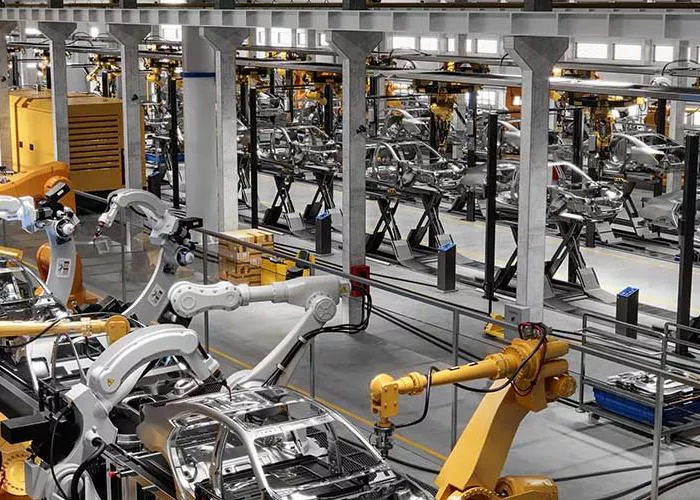Energy provider Horizon Power has successfully completed a three-month pilot of carbon capture, utilisation, and storage (CCUS) technology designed for diesel generators, in collaboration with Melbourne-based start-up Kapture.
Conducted in Perth, this trial marked the first real-world deployment of Kapture’s novel system, which extracts CO2 directly from generator exhaust and transforms it into a storable sediment for use in concrete production.
Kapture previously partnered with Perth concrete manufacturer PERMAcast to demonstrate permanent carbon sequestration by substituting part of traditional cement with the carbon-rich byproduct—a process the company says “exceeded expectations.”
During the Perth pilot, Horizon Power and Kapture employed a standalone power generator to assess both the system’s effect on generator performance and its carbon capture efficiency. The technology successfully captured around 45% of CO2 emissions from exhaust gases while consuming less than 8% of the generator’s energy output—significantly more efficient than conventional carbon capture systems, which typically use 20% to 45% of total energy.
The capture process relies on a solvent, likely amine-based, to absorb emissions, though solvent degradation over time can risk releasing unwanted compounds. Kapture reports that for every tonne of solvent used, 0.7 to 1.2 tonnes of CO2 emissions are offset during cement production.
“Diesel fuel is difficult and costly to abate in small regional microgrids,” said Horizon Power’s Acting CEO, Krystal Skinner. “While we are committed to expanding renewable energy, it remains critical to reduce our carbon footprint through all viable means.”
Diesel generators continue to play a vital but emissions-intensive role in remote Western Australian microgrids, where renewable energy integration faces logistical challenges. Horizon Power views transitional technologies like Kapture’s CCUS system as key to reducing emissions from existing diesel infrastructure while renewable capacity grows.
Nevertheless, small-scale CCUS solutions remain expensive. The International Energy Agency and Global CCS Institute estimate costs for capturing and compressing CO2 from dilute sources, such as diesel exhaust, range between $100 and $150 per tonne.
Horizon Power indicated that insights from this pilot will guide future field trials and shape its ongoing strategy to decarbonize diesel-powered energy systems.

